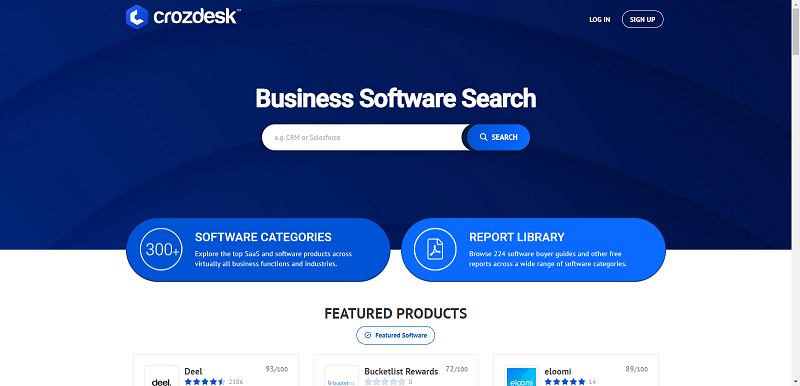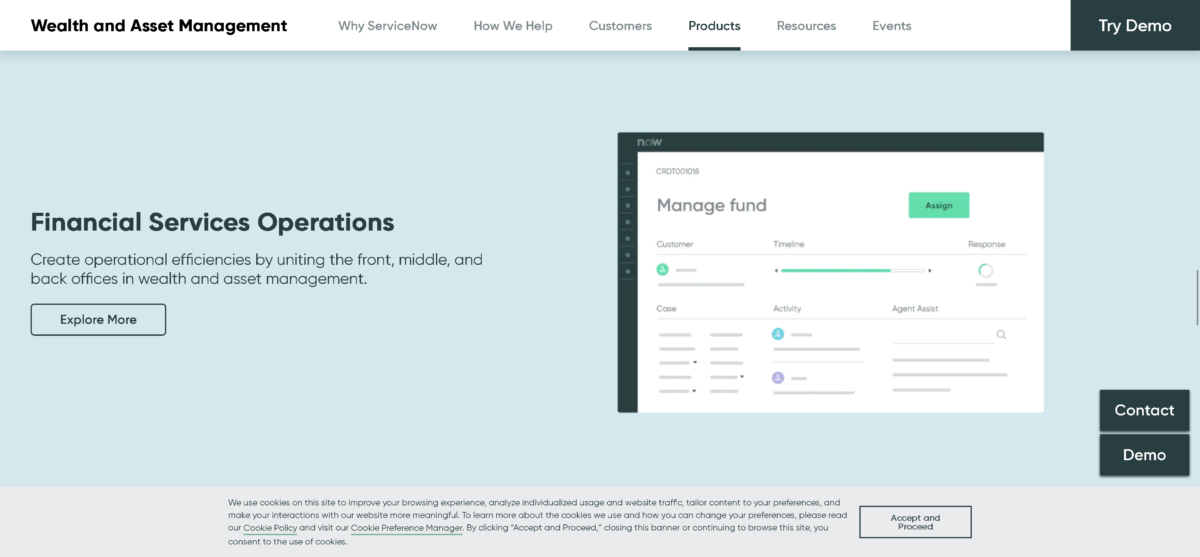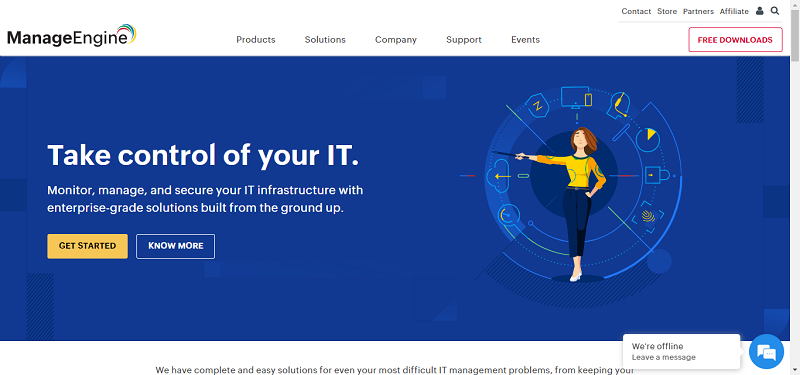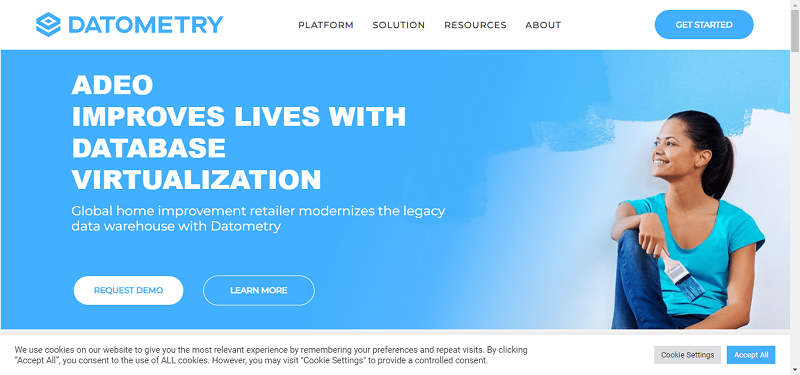It’s a big mistake to think that the Internet of Things will only remain relevant with tech industry movers and shakers and early adopters. One glance at the world around you, and you’ll quickly realize that the IoT is well on its way to becoming an everyday aspect of even the most low-tech workplaces.
The IoT is removing mundane busywork from countless blue-collar jobs, enabling businesses, cities, and entire industries to increase services while cutting demands for labor, training, resources, and equipment. In fact, the American Society for Quality surveyed a number of manufacturing companies that have embraced the IoT and uncovered some staggering numbers: Manufacturing efficiency increased by 82 percent, approximately half of the users saw fewer defects, and customer satisfaction swelled by 45 percent.
There’s no denying the fact that IoT applications are effective, but if you aren’t aware of just how widespread they are, you’re probably not prepared to keep up with the many sweeping changes on the horizon.
What’s yet to come extends into the realm of what was once unthinkable: restaurant coolers that automatically place orders when they detect low stock and buildings that are wired to self-monitor their needs so custodians can place their focus elsewhere.
IoT automation is shaping up to be the future of any and all industries that currently revolve around manual-based labor, especially when it comes to monitoring and assessment.
Not long ago, mechanics had to look under the hood of a car to see what needed fixing. Now, all they need is a computer that automatically conducts the diagnostics. Similarly, industries such as home appliance repair, HVAC maintenance, and the following three are positioned to lose their reliance on human-based analysis because of IoT solutions:
Once again, innumerable man-hours and resources are saved in low-tech industries that embrace IoT applications — and, as a result, profits soar.
The IoT will continue to develop fruitful collaborations between the high- and low-technology worlds — and anyone who isn’t prepared will be left behind. “Adapt or die,” the old adage, applies here as much as anywhere.
What we’re going to see in the coming years will be unprecedented, but not unpredictable. Processes and operations that weren’t even conceivable a few years ago are going to come to life, take over, and replace low-tech methods with unmatched efficiency.
The coming convergence of high- and low-tech approaches is certain to happen in very disruptive and unpredictable ways. Soon enough, anything that isn’t connected will be as good as dead. The term “high-tech” itself could cease to exist as we watch the most unexpected industries begin to integrate labor-saving tech connectivity to multiply their efficiency.
Your choice is simple: Get ready for the IoT to come to your business, or get ready to go out of business.
By John Horn
John is the CEO of Ingenu, which he joined after serving as president of RacoWireless, a leading provider of machine-to-machine (M2M) connectivity solutions. Before joining RacoWireless, Horn was a leader at T-Mobile for more than nine years while he focused specifically on developing the company’s M2M program and go-to-market strategy.





